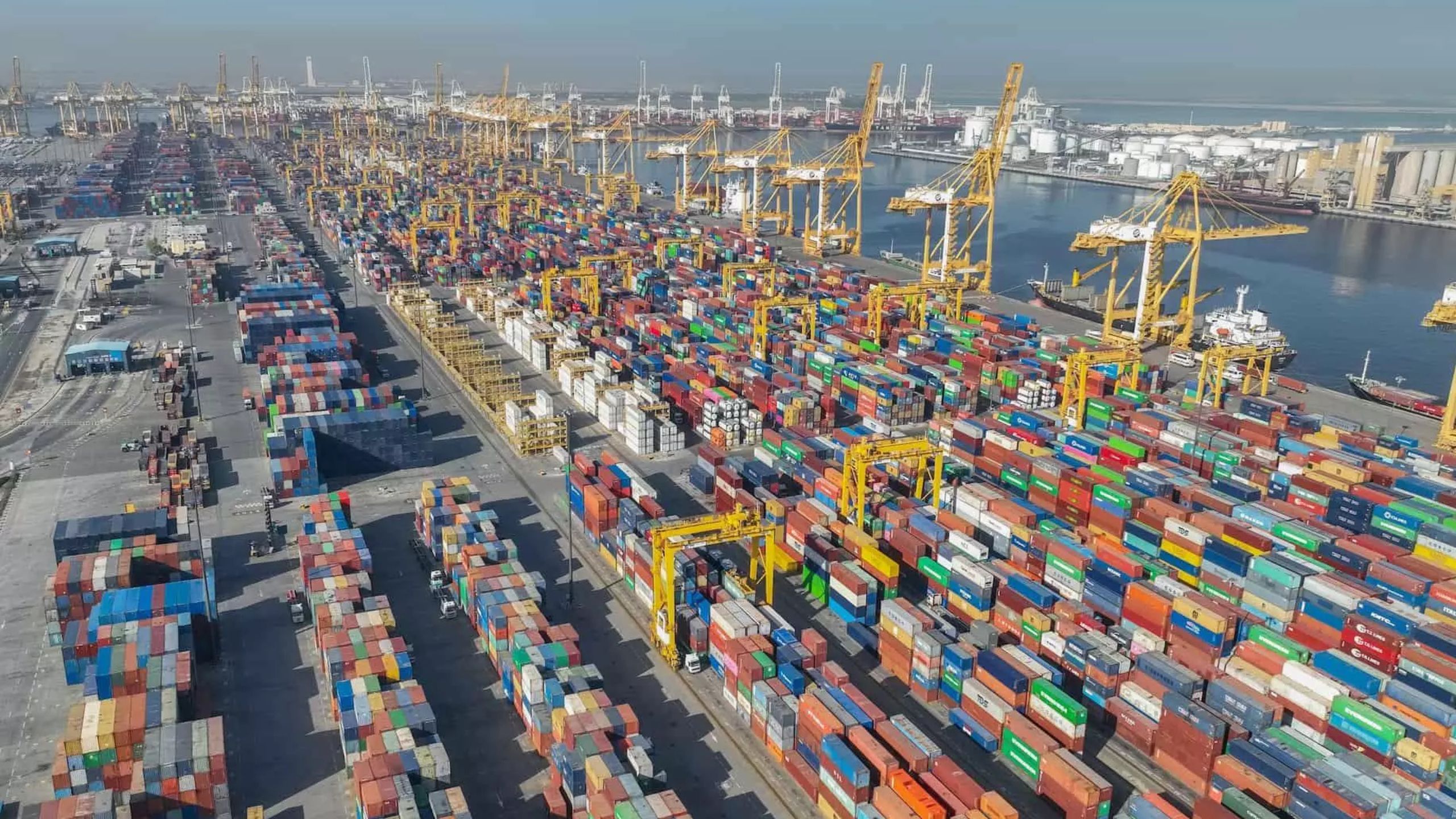
17 Sep Freezone vs Mainland in UAE: Which Is Better for Your Business?
Entrepreneurs looking to start a business in the United Arab Emirates often face a crucial decision at the very beginning: should they set up in a Freezone or in the Mainland? Both structures offer unique benefits and serve different business goals. As the UAE continues to evolve as a global investment hub in 2025, understanding the difference between Freezone and Mainland companies is essential before committing to a license.
Choosing the right jurisdiction will influence everything from your ownership rights and taxation to how you trade, where you operate, and who your customers can be. This guide explains the key distinctions between Freezone and Mainland setups in the UAE, helping you determine which option best suits your business model.
1. Understanding Mainland Business Setup in the UAE
A Mainland company is registered under the Department of Economy and Tourism (DET) in the emirate where the business operates, such as Dubai or Abu Dhabi. This structure allows your company to trade freely within the UAE and internationally.
Until recently, foreign investors needed a local Emirati partner holding 51% of shares for most commercial licenses. However, in 2025, the UAE has fully implemented the 100% foreign ownership rule, enabling investors to own their Mainland companies outright for most business activities.
A Mainland company is ideal for businesses that want complete access to the UAE market, including retail, contracting, logistics, and service industries that deal directly with local clients or government entities. Companies operating on the Mainland can also participate in tenders, secure government contracts, and open multiple branches across the country.
While it offers maximum operational freedom, Mainland setup also means complying with UAE labour laws, leasing a physical office space registered under Ejari, and maintaining a more extensive regulatory framework compared to Freezones.
2. Understanding Freezone Business Setup in the UAE
Freezones were introduced to attract international investors with easy setup procedures, full foreign ownership, and tax incentives. Each Freezone operates as an independent jurisdiction with its own authority and regulations. Dubai alone hosts several popular Freezones, including IFZA, DMCC, Meydan Freezone, and Dubai South, while other emirates have their own, such as RAKEZ, Sharjah Media City, and Abu Dhabi Global Market.
Businesses registered in Freezones are generally limited to operating within the Freezone or conducting business internationally. Direct trade within the UAE market is not permitted unless the company appoints a local distributor or obtains a Mainland license.
Freezones are especially attractive to businesses that do not require physical retail presence, such as consulting firms, online businesses, logistics providers, and import-export traders. They offer streamlined incorporation, 100% ownership, repatriation of profits, and a simplified tax regime.
3. Key Differences Between Freezone and Mainland Companies
The first major difference lies in where and how you can trade. A Mainland company can conduct business anywhere in the UAE, including with other Mainland firms, government departments, and Freezone entities. A Freezone company, on the other hand, can only operate within its own jurisdiction or internationally unless it partners with a UAE-based distributor to reach the local market.
The second key factor is ownership and licensing. Both Freezone and Mainland setups allow 100% foreign ownership in 2025, but Freezones have always offered this benefit. Mainland companies now match this flexibility under new commercial laws, though certain strategic sectors may still require local participation or special approval.
Another important aspect is taxation. The UAE corporate tax framework introduced in 2023 applies to both Mainland and Freezone companies, but qualifying Freezone entities that meet specific substance requirements can continue to benefit from 0% corporate tax on eligible income. Mainland businesses are subject to a 9% corporate tax rate above the AED 375,000 profit threshold.
In terms of cost and setup time, Freezones are often faster and more affordable to establish. Many Freezones offer all-inclusive packages that cover licensing, visas, and office space within a few days. Mainland companies require additional steps, such as tenancy contracts, notarized Memorandum of Association, and possible external approvals, which may slightly increase the initial cost and timeline.
When it comes to office requirements, Freezones typically provide flexible options such as shared desks, virtual offices, or flexi-desks that satisfy licensing requirements without the need for a physical location. Mainland companies must lease an actual office space that meets minimum size requirements, as the tenancy agreement (Ejari) is a mandatory document for license issuance.
Hiring and visa quotas also vary. Mainland companies can sponsor an unlimited number of employee visas, depending on office space, whereas Freezone entities are restricted by the visa quota system determined by their chosen Freezone authority.
Finally, perception and credibility differ in the eyes of clients and institutions. Mainland companies are often seen as more established and reputable, particularly when dealing with local clients, banks, and government contracts. Freezone companies, however, remain ideal for global entrepreneurs and startups that prioritize international trade, low costs, and simplified compliance.
4. Which Is Better for Your Business?
The choice between Freezone and Mainland depends entirely on your business goals and operational needs.
If your business relies heavily on the UAE’s domestic market, involves B2C transactions, or requires local presence such as shops, offices, or warehouses, a Mainland company is the better option. It provides the flexibility to operate anywhere in the UAE, hire freely, and build local partnerships.
If your business is primarily online, international, or consultancy-based, a Freezone setup may be more efficient. You can benefit from lower setup costs, simpler renewals, and a tax-friendly environment while maintaining 100% ownership.
Many entrepreneurs start in a Freezone to minimize costs and later migrate to Mainland once their operations expand. The UAE government supports such transitions, allowing businesses to upgrade their licenses or open branch offices under different jurisdictions.




Sorry, the comment form is closed at this time.